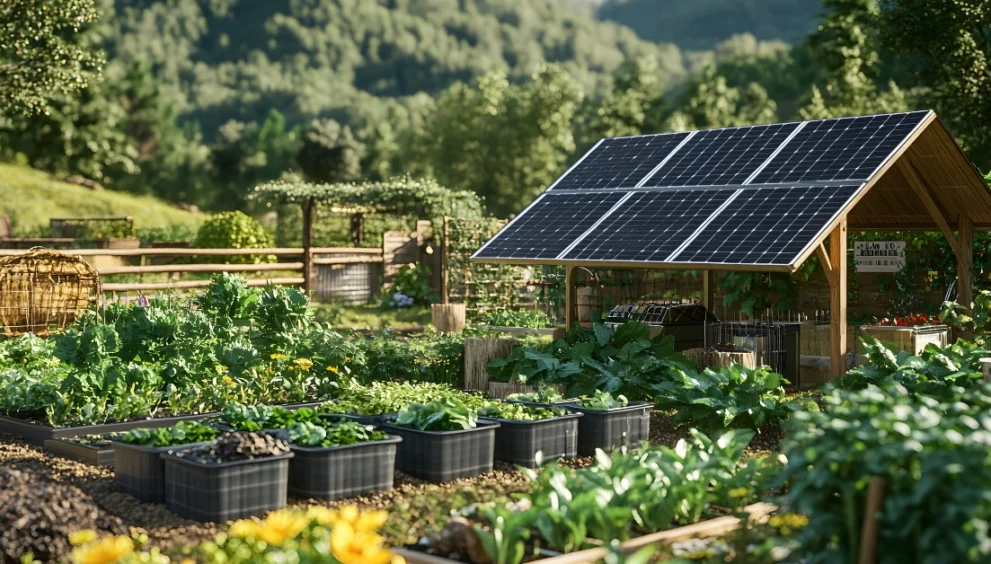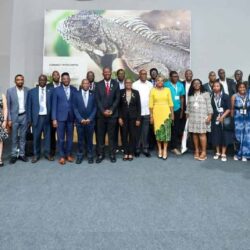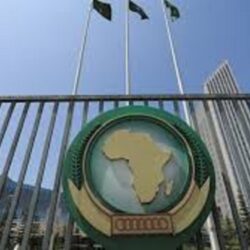The World Food Programme (WFP) has significantly boosted urban livelihoods and food security in Bulawayo’s Old Lobengula suburb by installing a new solar-powered borehole at the Mamkhwananzi Garden. This critical infrastructure development has revitalized the garden, empowering 91 families to cultivate vegetables, secure reliable income, and enhance household resilience in the face of escalating urban food and income stress across Zimbabwean cities.
The initiative is part of WFP’s broader strategy, which works across three complementary streams—Protect (cash assistance), Build (urban livelihoods), and Prepare (urban disaster readiness)—to help vulnerable urban families meet immediate needs, strengthen income streams, and ready cities for potential shocks. The revived garden, a cornerstone of WFP’s urban resilience and agriculture support in Bulawayo, now serves as a vital lifeline for residents, including the elderly, women, and youths, who are generating steady income through horticulture.
Under the project’s model, each beneficiary manages three vegetable beds, each measuring $30 \text{ metres by } 1.5 \text{ metres}$, dedicated to producing high-demand crops such as tomatoes, onions, and leafy greens for wholesale to local vendors. With each bed potentially generating approximately US$30 per harvest, diligent farmers are positioned to earn a minimum of US$150 every fortnight, representing a substantial and much-needed financial injection for low-income urban households.
Garden chairperson Mr. Trynos Dube highlighted the transformative impact of the borehole, stating it has fundamentally changed both the garden’s operations and the lives of families who had long struggled with water scarcity, allowing for consistent planting without the fear of water cuts. The project is particularly crucial for vulnerable elderly beneficiaries, including widows caring for grandchildren, who expressed that the initiative has restored their dignity and stability. Eighty-nine-year-old Mrs. Marry Ndlovu and 78-year-old Mrs. Sibonginkosi Sipepa Nkomo both attested that the garden has become their only dependable income source, enabling them to provide for their families and instilling confidence in their ability to continue working despite their age.
The garden is also serving as a platform for youthful economic ventures, with young participants planning to leverage the reliable water source to branch out into fish farming. Youth representative Thandekile Jubane (32) emphasized the potential for expansion, aiming to transform the garden into a dynamic business space for the younger generation. Beyond water provision, WFP has bolstered the project’s security with a perimeter fence and is collaborating closely with extension officers to provide capacity building and support, ensuring farmers can consistently supply fresh horticultural produce throughout the city. For the 91 families involved, the solar-powered borehole has emerged as a crucial piece of infrastructure—the heartbeat of renewed livelihoods and a powerful driver of long-term economic resilience.




